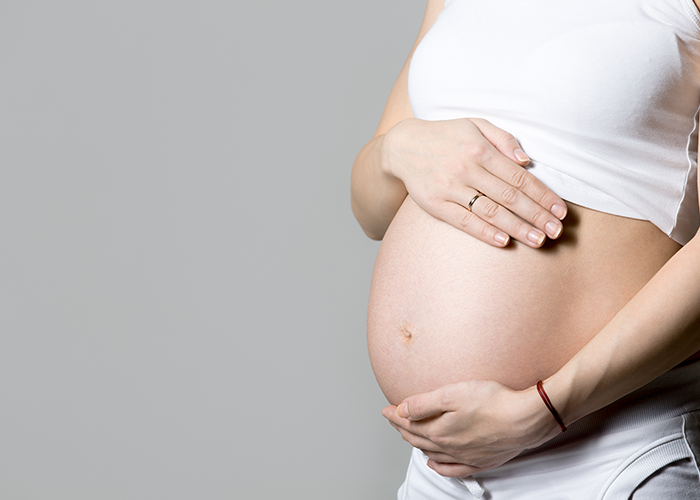Abortion refers to the practice of planned termination of a pregnancy. WHO recognizes it as a certified human right, but the topic still raises innumerable queries. Do you also believe that it is difficult to conceive after a woman undergoes an induced abortion? If yes, then this article is for you as it takes a deep dive into the mentioned domain and tries to debunk related myths.
Different Kinds Of Abortion
Firstly, to thoroughly understand the subject, we need to know about the different types of abortions and their reasons. Broadly, there are two kinds of abortions: Medical and Surgical. It depends on the stage (duration) of pregnancy and several other factors of a particular individual. The above methods are associated with no or very low risks involved. But only if performed under clean, safe surroundings and with proper medical assistance by a professional surgeon.
- Medical Abortion– This includes taking oral pills to remove all the products of conception from the body. It makes it possible to conceive again in the future. The gestational age up to which this method you can opt is around 12 weeks, and the kind of medicines prescribed depends further on other factors.
- Surgical Abortion– This is a bit complicated method and comparatively involves higher risk. It includes either ending the pregnancy or removing its remaining products. The gestational age-related to this method is around 16- 24 weeks approximately. Vacuum Aspiration, Dilation and Evacuation and Induction Abortion are various techniques to remove the fetus and placenta from the uterus.

Oral pills to avoid pregnancy
Some Possible Complications
Statistically, a study shows that out of 54911 abortions, complications occurred in 2.1% of cases, and the serious ones include only 0.23% of them. Basically, the later in her pregnancy a woman has an abortion, the greater her risk of complications are. Several risks can arise, including:
- Excessive Bleeding– It can at times last for two weeks or more and also can be very extreme in some cases that might require a blood transfusion.
- Deaths- Chances of death after an abortion is merely less than 1 out of 1,00,000, which is 14 times less than the risk of death following giving birth.
- Incomplete Procedure– Some products of conception are often left inside the uterus, which requires further surgery for removal. This can happen in both kinds of abortions discussed above.
- Infections– Another kind of associated risk that can take place while operating.
- Surrounding Injuries– Sometimes, nearby organs like the uterus and bladder get affected accidentally while operating.
- Asherman Syndrome- A rare kind of complication that can occur to the uterus lining after the woman has undergone a surgical abortion. It is a major point of concern as it can lead to miscarriages and further complications while conceiving in the future. Although it’s a very unlikely event, still if it occurs, doctors can again operate and rectify it.
Pregnancy After An Abortion
Returning to our major concern, i.e. becoming a mother after going for an abortion. The answer to this is a clear YES! It will be surprising for you to know that a woman after her abortion can conceive again (only if she wants to, otherwise contraceptive measures are always a go-to) within a period of only two weeks. Here are some tips for you to know the best time to conceive. However, this depends on her menstrual cycle. Other factors, including the gestational age at which she had undergone an abortion, length of her menstrual cycle, the method used for abortion, etc. are among the others.
Points To Be Noted
It is advisable to refrain from any kind of sexual activity post-abortion (at least until the bleeding stops) for a certain period (say, one complete menstrual cycle). It gives your body enough time to heal and recover. In addition to that, we recommend to have a pregnancy test or visit a gynaecologist to confirm the news. Because sometimes the home tests can show false-positive results due to the leftover hormones of the previous pregnancy.
Conclusion
All in all, an abortion does not affect fertility or future pregnancies in any way. Only in rare cases, it makes the process quite difficult. Still, suppose an individual is having difficulty conceiving. In that case, she may reconsider certain factors such as age because fertility decreases after 35 years of age. Here’s a guide to increase your chances for pregnancy. Unhealthy lifestyle habits like smoking, drug use, etc., STIs related to the medical history of both the partners and the partners’ fertility concerning the quality of semen are other factors that play a big role.






